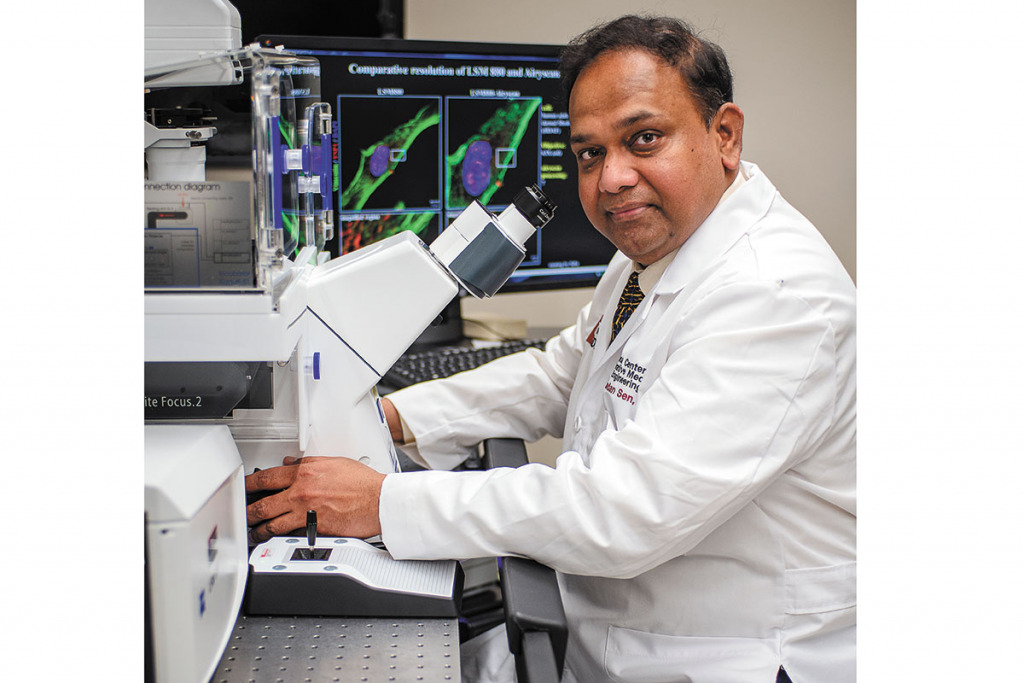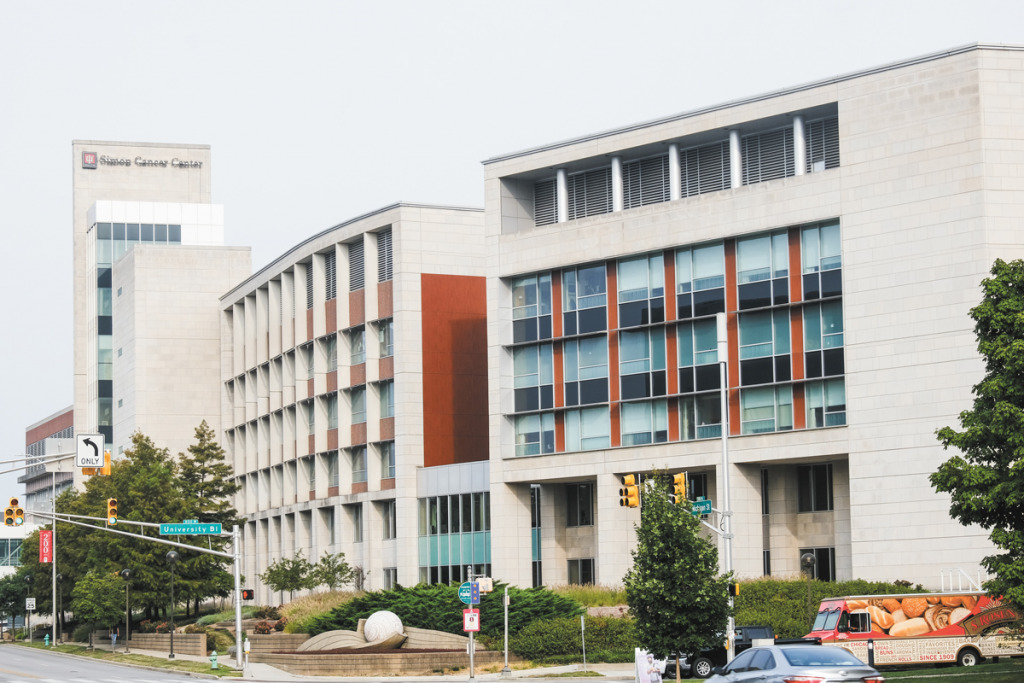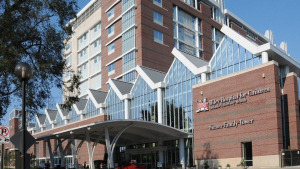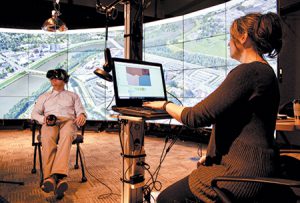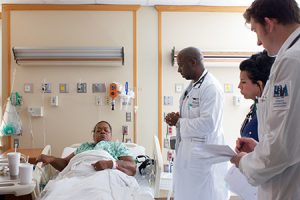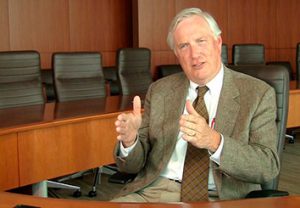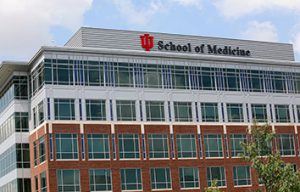
IU lands $16.5M grant to advance Alzheimer’s research using 3D brain modeling
The grant will fund a new center at the medical school which will be one of only two in the U.S. dedicated to developing stem-cell-based models of the brain to better understand Alzheimer’s disease.

